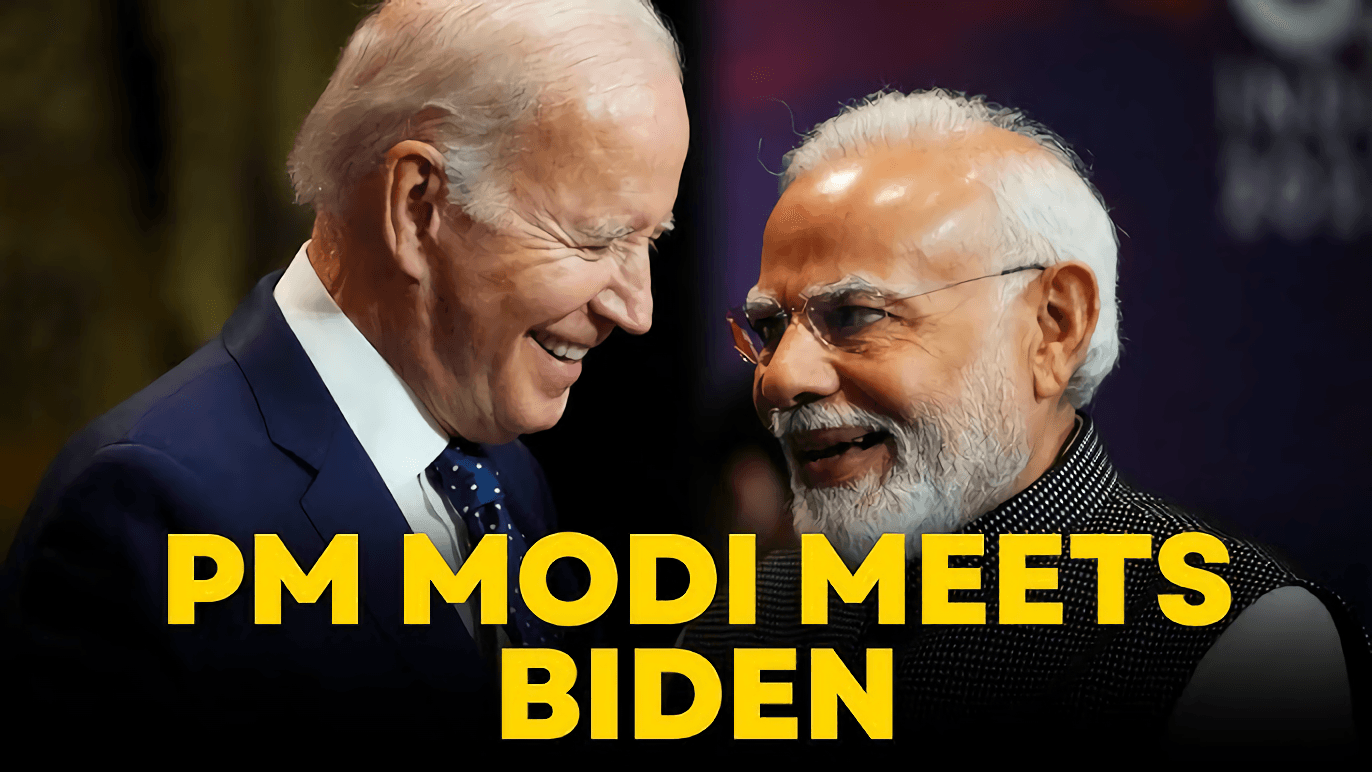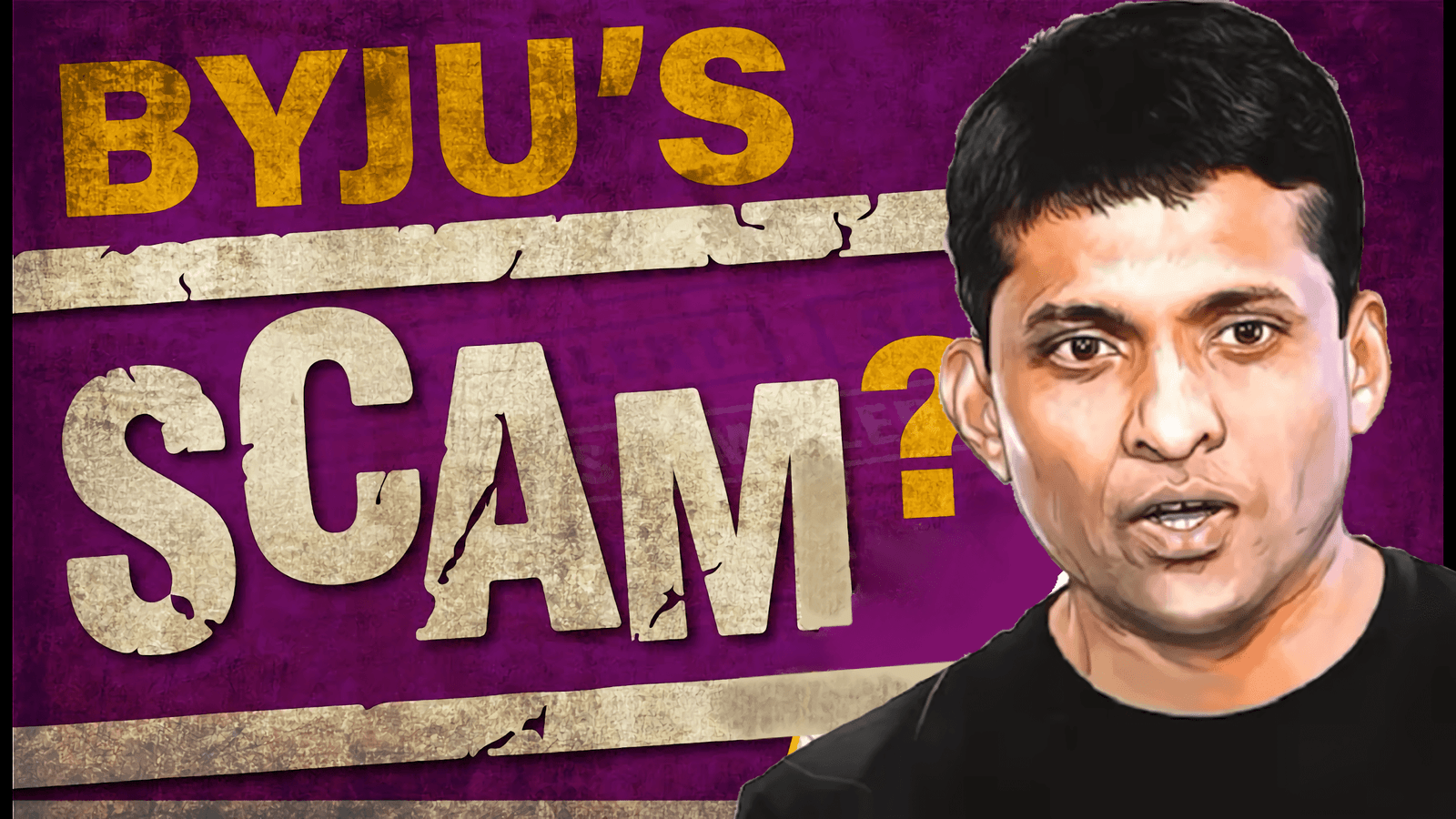In a dramatic twist, the U.S. President Joe Biden has sought the Indian government to extradite Indian billionaire Gautam Adani to the United States for his custody and arrest. The request is in connection with serious allegations brought against Adani and his associates by the U.S. Department of Justice (DOJ).
These allegations claim that Adani had played a significant role in a massive bribery scheme involving Indian government officials.
This case has raised many eyebrows worldwide, affecting global investors, and may have implications on diplomatic relations between the United States and India.
The Allegations Against Gautam Adani
A charges has been brought against the richest businessman in India – Gautam Adani who supposedly masterminded a web of elaborate corruption – in order to win various bids that will give him solar power contracts in India.
Prosecutors said that Adani and his co-conspirators paid as much as $250 million in bribes to Indian government officials.
The bribes supposedly went to secure favorable treatment in awarding contracts to companies for solar power projects, a rapidly growing lucrative industry.
The U.S. government’s investigation into these allegations has led to charges of securities fraud, wire fraud, and violation of anti-corruption laws.
The accusations have drawn significant attention because of the scale of the alleged bribery and the involvement of high-ranking government officials in India.
Additionally, the Adani Group, Adani’s multinational conglomerate, is a major player in sectors ranging from energy and infrastructure to real estate and ports. The allegations of corruption have raised concerns over the integrity of business practices in India and the impact on international trade.
The $250 Million Bribery Scheme
The bribery scheme reportedly valued at $250 million is at the heart of the case that the U.S. Department of Justice has against Adani.
The DOJ claims that the bribes were paid to ensure that the Adani Group would win contracts for solar energy projects under favorable terms. The contracts were essential for the company’s growth, and the alleged payments were intended to smooth the process and sidestep regulatory hurdles.
Such a scheme, if proved, would have far-reaching implications not only for the Adani Group but also for India’s reputation in the global investment community.
The fallout on global investors is already being felt as the charges cast aspersions on the transparency and fairness of business transactions in India, especially in the rapidly growing energy sector.
This is likely to make global investors refrain from making investments in India due to such risks of corruption or through firms that have questionable business ethics.
The Involvement of the U.S. Department of Justice
The DOJ’s involvement in this case marks a significant escalation. The United States has a remarkable history of investigating corporate corruption, especially when it impacts U.S. interests or companies doing business in the U.S. Adani Group, with its substantial international presence, is covered under that category.
Investigation by the DOJ into this alleged bribery and fraud had gained intensity, and reports suggest the department has accrued considerable evidence to support claims.
Among them, the charges of securities fraud and wire fraud are extremely severe. Securities fraud occurs when the company provides investors with a false or partial image about its financial position, and wire fraud pertains to using electronic communication in fraud.
If they get convicted, Adani and his associates will be given rigorous legal punishment and also fined heavily and jailed for their crimes. Such seriousness has attracted much international media attention and investors as well.
Biden’s Extradition Request
President Joe Biden, in a landmark step, officially requested the Indian government extradite Gautam Adani to the United States where he would be arrested and put on trial.
His request is made under the U.S.-India extradition treaty, which provides the basis for the extradition of individuals who are accused of serious crimes in either of the countries. Extradition requests do not guarantee acceptance since it is accompanied by complicated diplomatic and legal procedures.
The request from the U.S. government is an important moment in the case. The U.S. authorities have made it very clear that they believe that the actions of Adani are serious enough to extradite him to face charges in the U.S. courts.
The involvement of President Biden in the case is a signal of how much importance the U.S. places on ensuring accountability for corruption, especially where U.S. businesses and investors may have been affected.
However, the Indian government is the one that has to decide on extraditing Adani. India has traditionally been very reluctant to extradite its citizens to other countries, and the political fallout of such a decision would be substantial.
Adani is one of India’s most influential businessmen, and he has close connections with the Indian political establishment, which would make extradition difficult.
India’s Likely Response
India’s response to the extradition request from the U.S. would be of great interest, not only to those directly involved in the case but also to the international community at large. On one hand, India may not be very keen on handing over one of its most prominent businessmen, especially with all the political implications that might follow.
Adani’s wealth and influence in India’s business landscape make him an important figure, and some believe that India may protect him from extradition.
On the other hand, India may feel pressure to cooperate with the United States, especially in light of the growing global scrutiny over corruption in business practices.
The case would be a test of India’s commitment to anti-corruption measures and its relationship with the United States, its key economic partner. Experts in law believe that the Indian government may take a cautious, diplomatic approach towards this issue, weighing out the risks and benefits for cooperating with the U.S. on this matter.
Political Leaders and Legal Experts Weigh In
Indian and US politicians alike have expressed concerns regarding the aftermath of this case. Certain US politicians are suggesting more stringent policies in respect of corruption, especially by public figures like Adani.
Indian political leaders on their part, defended him claiming that his involvement would negatively impact the country’s economy and raise issues on how the extradition process would go.
Legal experts suggest that the case will likely face several hurdles. Extradition cases are rarely straightforward, and Adani’s legal team will undoubtedly fight the request, citing India’s sovereignty and the lack of sufficient evidence for extradition.
The case could also become a prolonged legal battle, with both sides presenting their arguments in court.
Impact on U.S.-India Relations
The Gautam Adani case can have a major impact on U.S.-India relations. Both countries share robust economic ties, particularly in trade and defense. The extradition request may put pressure on the diplomatic relationship.
If India denies the extradition request, it would bring tensions between the two nations, with the U.S. possibly criticizing India for not holding its own citizens accountable.
On the other hand, if India agrees to extradite Adani, it will send a strong message regarding India’s commitment to the fight against corruption and respect for international legal agreements. The decision may shape the future of U.S.-India relations, especially in business and governance.
Adani Group’s Defense
The Adani Group has denied the allegations of bribery and corruption, calling them baseless and unfounded. The company has vowed to vigorously defend itself in court, asserting that it has always operated within the bounds of the law.
Adani’s legal team argues that the U.S. investigation is politically motivated and that there is no credible evidence linking Adani to any criminal activity.
The Adani Group’s defense will likely play a critical role in determining the outcome of the case. If the company can prove that the allegations are false or exaggerated, it could protect both Adani’s personal reputation and the group’s standing in the international market.
The extradition request for Gautam Adani marks a critical moment in the ongoing corruption case involving the Indian billionaire. As the U.S. and India navigate this complex legal and diplomatic situation, the global business community will be watching closely.
The case could set important precedents for how corruption is handled in international business dealings, and it will undoubtedly shape perceptions of both U.S.-India relations and the broader issue of corporate accountability.
The coming months will be crucial in determining the outcome of this high-stakes legal battle.








All corrupts including this should be dealt with no mercy. No protection or leniency should be given. If he has bribed anybody in the USA, what he may be doing within India? It is unimaginable. That is the way he has amassed such a huge wealth within a short period of time, even in the period when the entire world economy was suffering. Most surprisingly, the government waived a huge amount of Adani’s debt. That is Indian taxpayers’ Money, but the government did not get any consensus on such a huge financial matter from the public. A lot of things going on but no mainstream Indian news media publishes anything about that person. In parliamentary debate the government defends this person, that is the worst thing I can expect from a democratic country.
Indian Govt policies are entirely tailored for the super-rich and the major corporations. Look at the capital gains tax. The rich people who buy stocks or are given stocks just pay only 12.5% tax while the poor man who buys a toothpaste has to pay 18%. Small and medium industries are harassed and struggling to raise cash (they have only limited avenues – namely bank with often requires 2-4 times collateral and a stellar credit rating) while big Corporations like Adani can raise money by numerous means to raise cash cheaply – especially from private sources and by issuing bonds or other securities abroad. The Govt is killing the small industries which provide 90% of the employment in the manufacturing sector. What a shame. This is not the way to become a global power by fleesing the common man